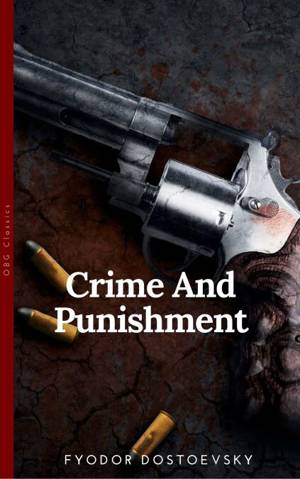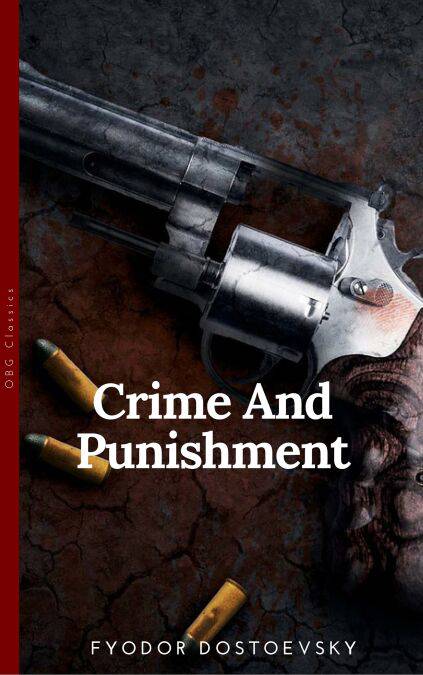
- Afhalen na 1 uur in een winkel met voorraad
- Gratis thuislevering in België vanaf € 30
- Ruim aanbod met 7 miljoen producten
- Afhalen na 1 uur in een winkel met voorraad
- Gratis thuislevering in België vanaf € 30
- Ruim aanbod met 7 miljoen producten
Zoeken
Omschrijving
Crime and Punishment is a novel by the Russian author Fyodor Dostoevsky, first published in 1866. It was written after Dostoevsky's return from five years of exile in Siberia, where he was serving his sentence in camps similar to those of the infamous Soviet Gulag. Crime and Punishment deals with the mental anguish and moral dilemmas of Rodion Romanovich Raskolnikove, a poor ex-student from St. Pertersburg who designs and executes a plan to kill an unscrupulous pawnbroker for her money. Raskolnikov reasons that with the pawnbroker's money he can perform good deeds to counterbalance crime, while ridding the world of a worthless parasite. His actions are a test of his theory that some people are naturally able to and also have the right to murder. Raskolnikov also justifies his actions by mentally associating himself with Napoleon Bonaparte, believing that murder is permissible in pursuit of a higher purpose, only to find out, of course, that he is not Napoleon.
Specificaties
Betrokkenen
- Auteur(s):
- Uitgeverij:
Inhoud
- Aantal bladzijden:
- 606
- Taal:
- Engels
Eigenschappen
- Productcode (EAN):
- 9782377931309
- Verschijningsdatum:
- 29/07/2017
- Uitvoering:
- E-book
- Beveiligd met:
- Digital watermarking
- Formaat:
- ePub

Alleen bij Standaard Boekhandel
Beoordelingen
We publiceren alleen reviews die voldoen aan de voorwaarden voor reviews. Bekijk onze voorwaarden voor reviews.








